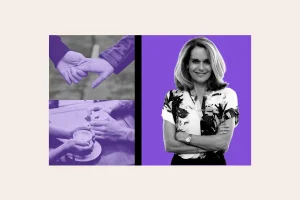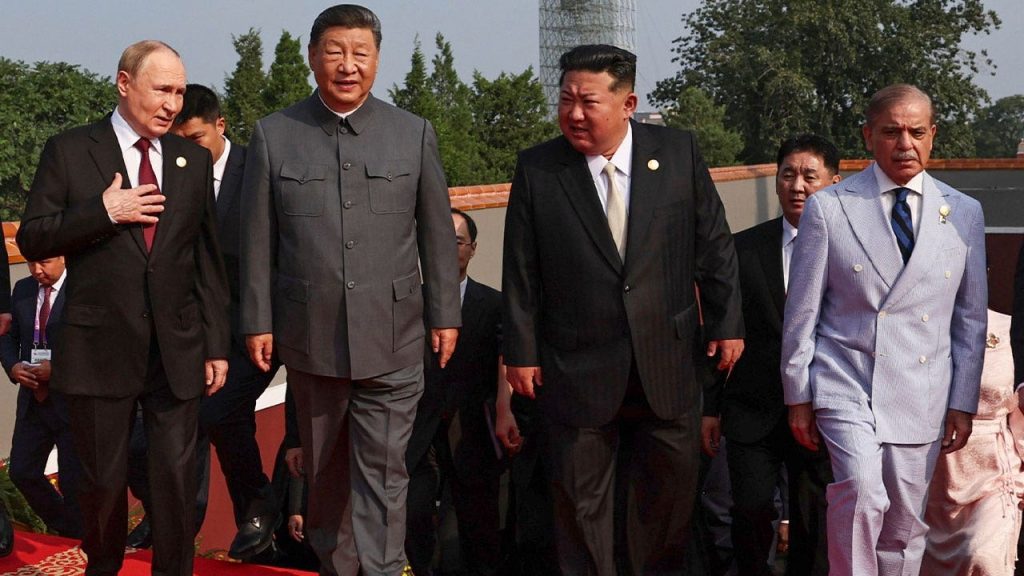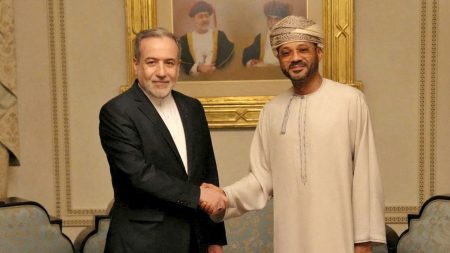Putin and Xi’s Immortality Claims: A Medical Reality Check
In a peculiar exchange captured on a hot mic during a Beijing military parade, Russian President Vladimir Putin and Chinese leader Xi Jinping discussed something far removed from geopolitics – the potential for organ transplants to dramatically extend human lifespan. As they walked alongside North Korean leader Kim Jong Un during celebrations marking the 80th anniversary of World War II’s end, Putin’s interpreter was overheard explaining the Russian president’s belief that “human organs can be continuously transplanted” and that “the longer you live, the younger you become, and [you can] even achieve immortality.” Xi responded with his own bold prediction: “Some predict that in this century humans may live to 150 years old.” This unusual conversation between two of the world’s most powerful leaders has raised eyebrows among medical professionals, who view such claims as scientifically unfounded and perhaps distracting from more pressing transplant-related issues facing the world today.
The notion that organ transplantation could lead to extreme longevity or immortality has been firmly rejected by transplant specialists. Dr. James Markmann, President of the American Society of Transplant Surgeons Executive Council, directly addressed these claims, stating: “Transplantation of vital organs is a lifesaving and life-prolonging procedure for patients with organ failure. But there is no scientific evidence that it promotes immortality, nor that humans could realistically reach 150 years of age through transplants.” This statement underscores the significant gap between the speculative musings of Putin and Xi and the current medical understanding of transplantation’s capabilities and limitations. While organ transplants undoubtedly save lives, they represent targeted interventions for specific organ failures rather than comprehensive solutions to aging itself. The complex biological processes of aging involve numerous factors beyond individual organ function, including cellular senescence, telomere shortening, accumulated DNA damage, and systemic inflammation – none of which can be fully addressed through organ replacement alone.
Despite the medical community’s skepticism, both leaders have demonstrated genuine interest in longevity research. Putin later confirmed to reporters that their conversation had indeed focused on longevity science and potential medical breakthroughs. This interest isn’t merely theoretical for the Russian president, who in 2024 ordered the creation of a state-backed research institute called “New Health Preservation Technologies,” focused on cellular rejuvenation, neurotechnology, and organ regeneration. His daughter, endocrinologist Maria Vorontsova, has reportedly received state grants for research in cell renewal and genetics. While Xi’s personal investment in longevity research appears less direct, his government has positioned biotechnology as a cornerstone of China’s economic and strategic development plans. These initiatives reflect a broader global trend of increasing investment in aging research, though the specific focus on organ transplantation as a path to extreme longevity represents a divergence from mainstream scientific approaches.
The leaders’ conversation highlights a fascinating intersection of political power, personal mortality concerns, and scientific aspirations. As heads of state with access to their nations’ vast resources, Putin and Xi possess unique capabilities to influence research priorities and funding allocations in biotechnology and medicine. Their apparent fascination with extending human lifespan could potentially accelerate investment in these fields within their respective countries. However, their focus on transplantation as a pathway to extreme longevity raises questions about resource allocation and research priorities. Many experts would argue that more immediate and pressing challenges in transplantation deserve attention – including organ shortages, improving immunosuppression protocols, extending graft survival, and developing better artificial alternatives. The conversation also inevitably prompts ethical questions about access to advanced medical technologies and how they might exacerbate existing inequalities if their benefits were primarily available to the wealthy or politically connected.
Dr. Markmann’s response to the leaders’ comments shifted attention to these more immediate concerns: “I won’t comment on the private musings of world leaders, but we must remember that more than 100,000 individuals in the United States are currently awaiting lifesaving organ transplants. The ethical concern isn’t immortality but equity, access, and making sure organs save lives today.” This statement eloquently refocuses the discussion on current realities rather than speculative futures. The global organ shortage represents one of medicine’s most pressing challenges, with thousands dying annually while waiting for transplants. In addition to shortages, the field faces other significant hurdles: the lifelong immunosuppression required by recipients, the limited lifespan of transplanted organs, geographical disparities in access to transplantation services, and persistent ethical concerns about organ procurement practices in some regions. These immediate challenges demand attention and resources that might be diverted if pursuit of extreme longevity became a primary focus.
The exchange between Putin and Xi represents a curious moment where personal hopes and scientific aspirations briefly overshadowed the typically measured public personas of these world leaders. Their conversation reveals something profoundly human – the universal desire to extend life and delay mortality – even among those who wield enormous power. Yet it also demonstrates how even the most powerful individuals can harbor scientifically questionable beliefs about medical possibilities. As biotechnology continues advancing at an unprecedented pace, the conversation reminds us of the importance of grounding discussions about longevity in scientific reality while addressing the ethical dimensions of these technologies. Rather than focusing on speculative visions of 150-year lifespans achieved through continuous organ replacements, the most productive path forward lies in addressing today’s transplantation challenges while pursuing evidence-based approaches to healthy longevity that could benefit all of humanity, not just the privileged few.













